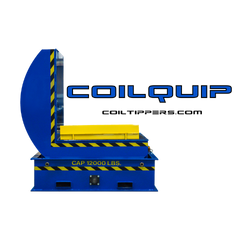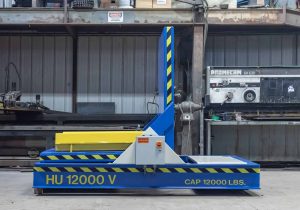According to Cleo’s fourth annual State of Ecosystem Integration Report, the top challenge business and technology leaders are grappling with in the wake of the pandemic is a persistent loss of control over their supply chains. And as avoidable losses mount, many are investing in supply chain integration technologies to get it back, added Cleo, which offers .
With 99% of companies acknowledging they are losing money and missing out on business opportunities due to supply chain integration problems, more than a quarter of them (26%) admitted they are losing between $500,000 and $1,000,000 in revenue per year, according to the survey. And this only includes what they can actually track – actual loses might be even greater depending on the visibility and analytics each organization has in place.
Such continuing losses have motivated more than 80% of companies to allocate budget increases of 10% or more toward supply chain technology investment for the coming year. Throughout the survey findings, ecosystem integration emerged as one of the key technologies companies are interested in when it comes to regaining control, Cleo added.
“More organizations are becoming aware of their integration operations, and this year marks the third consecutive year where the survey showed a growth in the number of companies reporting revenue losses. Business leaders desperately want a sense of control over supply chain operations and they’re budgeting significant IT investment dollars to get it,” said Tushar Patel, CMO of Cleo. “What they’re finding is that a strategic investment in integration technology and automation has a positive ripple effect across their entire ecosystem – improving relationships with partners, suppliers, and customers, as well as streamlining end-to-end business processes. The result is an efficient business positioned for revenue growth.”
With companies facing increased pressure to drive new business, improve response times, and optimize their operations, many are responding by modernizing their applications, adding new sales channels and marketplaces, or shifting to cloud-based integration platforms—actions which Cleo explained not only improve their own company’s performance, but have the added benefit of making their ecosystems stronger through added agility, visibility, and control.
“Regaining control begins with a purposeful shift in integration strategy; supply chain improvement begins with a fundamental focus on ecosystem integration technology,” Patel continued. “This year, more than ever, it will be important for organizations to embrace a new mindset, one that starts with integration control and ends with supply chain optimization.”
Ecosystem integration is a category of software, principally for supply-chain-driven companies, where a single cloud-based platform is used for file-based, EDI, and application integration to optimize end-to-end integration processes across a dynamic network of trading partners, applications, suppliers, customers, and marketplaces, according to Cleo.
The survey also details findings around exactly how companies have seen integration technology improve various operations and key performance indicators. When asked which integration objectives they felt were most important to supporting their key business initiatives, survey respondents cited multiple business and supply chain benefits that result from investing in ecosystem integration solutions, including:
• Increased automation (33%), end-to-end visibility (32%), and access to skilled talent (29%), along with replacing legacy systems (25%)
• Business ecosystem automation and modernizing B2B integrations that drive improved governance, customer value, and visibility (31%)
• In addition to the technical value that comes from data consolidation, well over one-third of respondents agreed ecosystem integration would deliver business value in terms of cost savings (39%), improved profitability (34%), increased revenue (34%), and savings from avoiding violation penalties (33%)






